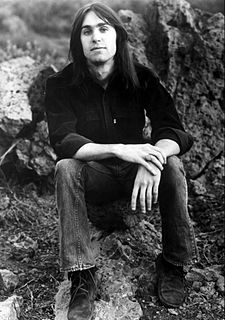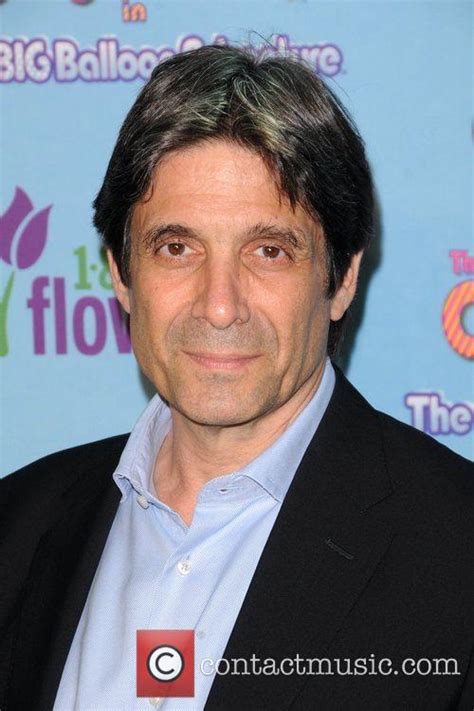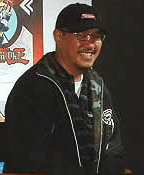A Quote by Hakuin Ekaku
You know the sound of two hands clapping; tell me, what is the sound of one hand?
Related Quotes
The word translated, koan, it means a problem. But it's a very special problem. And to strip it down to the way it works, you are given a problem which has no rational solution. There is a contradiction built into it. One standard - one is this is the sound of two hands clapping. What is the sound of one hand clapping? And so on. All right, so the first thing is that it brings your rational mind to an impasse.
When we sit in meditation and hear a sound, we think, 'Oh, that sound's bothering me.' If we see it like this, we suffer. But if we investigate a little deeper, we see that the sound is simply sound. If we understand like this, then there's nothing more to it. We leave it be. The sound is just sound, why should you go and grab it? You see that actually it was you who went out and disturbed the sound.
I held hands with her all the time...that doesn't sound like much, I realize, but she was terrific to hold hands with. Most girls if you hold hands with them, their goddam hand dies on you, or else they think they have to keep moving their hand all the time, as if they were afraid they'd bore you or something.
I know I have patterns and I've always tried hard to avoid them. There are definitely certain things in my music, if I'm looking back, "Well, that was a period where I was experimenting with a certain kind of chord structure or a certain kind of sound." I've tried really hard, but I'd be hard pressed to tell you what that sound, what that tangible sound of "me" is.
Think of the sound you make when you let go after holding your breath for a very, very long time. Think of the gladdest sound you know: the sound of dawn on the first day of spring break, the sound of a bottle of Coke opening, the sound of a crowd cheering in your ears because you're coming down to the last part of a race--and you're ahead. Think of the sound of water over stones in a cold stream, and the sound of wind through green trees on a late May afternoon in Central Park. Think of the sound of a bus coming into the station carrying someone you love. Then put all those together.
I'm very interested in vertical space.I want the players to listen to their sound in such a way that they hear the complete sound they make before they make another one. So that means that they hear the tail of the sound. Because of the reverberation, there's always more to the sound than just the sound.
I think, when you're a young composer, you're told constantly that what you're supposed to do is figure out what your voice is. "What is your thing supposed to sound like?" You know: "What's the thing you do," that everyone can recognizably tell from a long distance is you and then you're supposed to be in search of that marker and you're supposed to find it and you're supposed to live there for the rest of your life. And it seemed to me, from a young age, that was what I was encouraged to do. You find a sound and that's your sound! That's what you do.

































